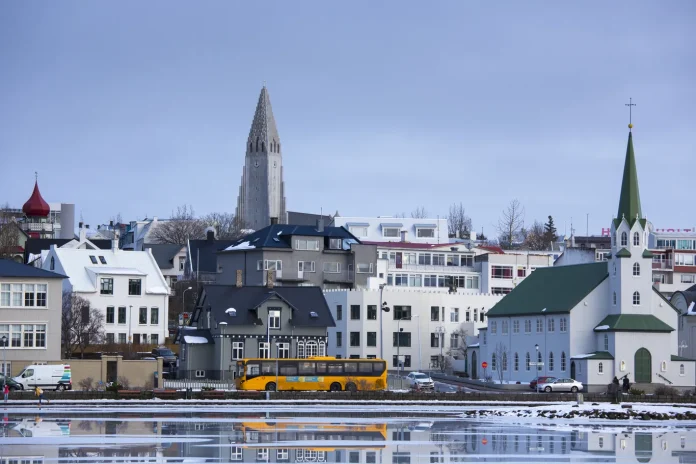Shortening the working week from 40 to 36 hours has resulted in the country’s economy growing more than other rich European countries, and its workers have reported higher well-being, lower stress levels and improved work-life balance.
Iceland’s economy grew by 5 per cent in 2023, the second fastest among rich European economies after Malta, according to the International Monetary Fund’s latest World Economic Outlook report released earlier this week.
The study released by think tanks London-based Autonomy Institute and Association for Sustainability and Democracy of Iceland “offers new insight into the programme of working-time reduction that has taken place in Iceland, following successful public sector trials in the country.”
This study shows a real success story: Shorter working hours have become widespread in Iceland …. and the economy is strong across a number of indicators, a study author Guðmundur Haraldsson said in a statement.
The study said: 62 per cent of people working reduced hours reported that they were more satisfied with their schedules. 97 per cent of workers felt that the reduced working hours made it easier to balance work and personal life, or at least kept the work-life balance the same. 42 per cent of those who have adopted reduced working hours believe it has reduced stress levels in their personal lives.
“Overall, the Icelandic economy has remained strong post the introduction of a widespread shorter working week. The evidence we’ve collected suggests that when workers have a better work-life balance and are better rested – the economy benefits too. The Iceland story offers a very different vision to countries across Europe that are grappling with low productivity but trying the same old failed methods,” according to Autonomy Institute research director Will Stronge.
Between 2015 and 2019, civil servants in Iceland worked 35-36 hours per week without a pay cut. The trials involved 2,500 people – more than 1 per cent of Iceland’s working population at the time – and aimed to maintain or increase productivity while improving work-life balance.
Despite the positive results of the trials and a successful 2023 target, the IMF predicts a significant slowdown in Iceland’s economic growth this year and next. The agency of the tourism-dependent economy in an assessment said in July that “growth is expected to decline … in 2024 on further softening domestic demand and decelerating growth in tourism spending.”
